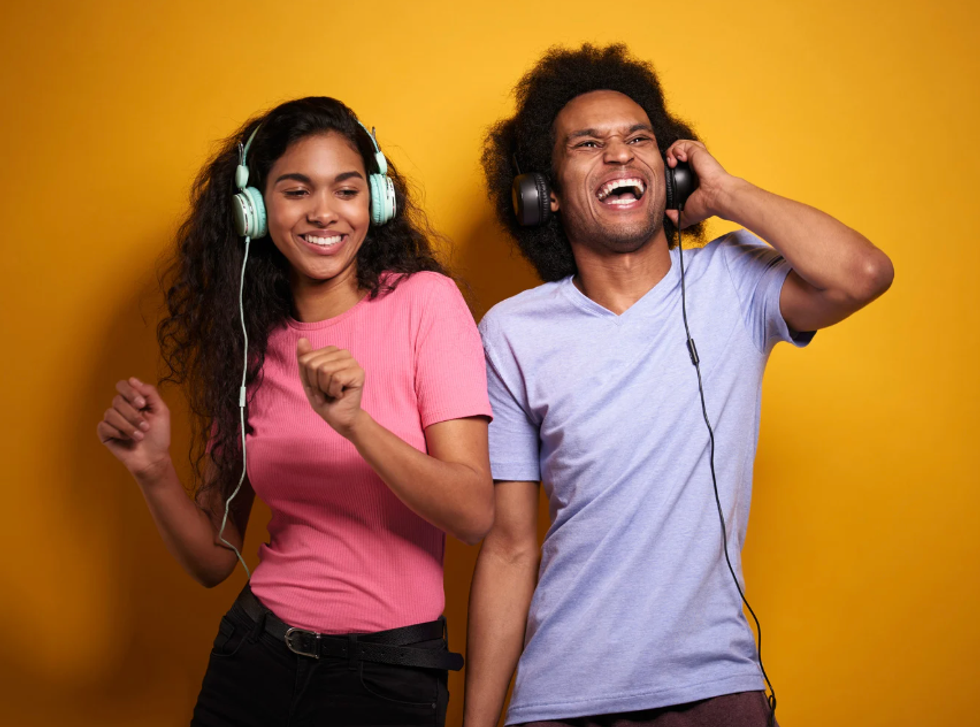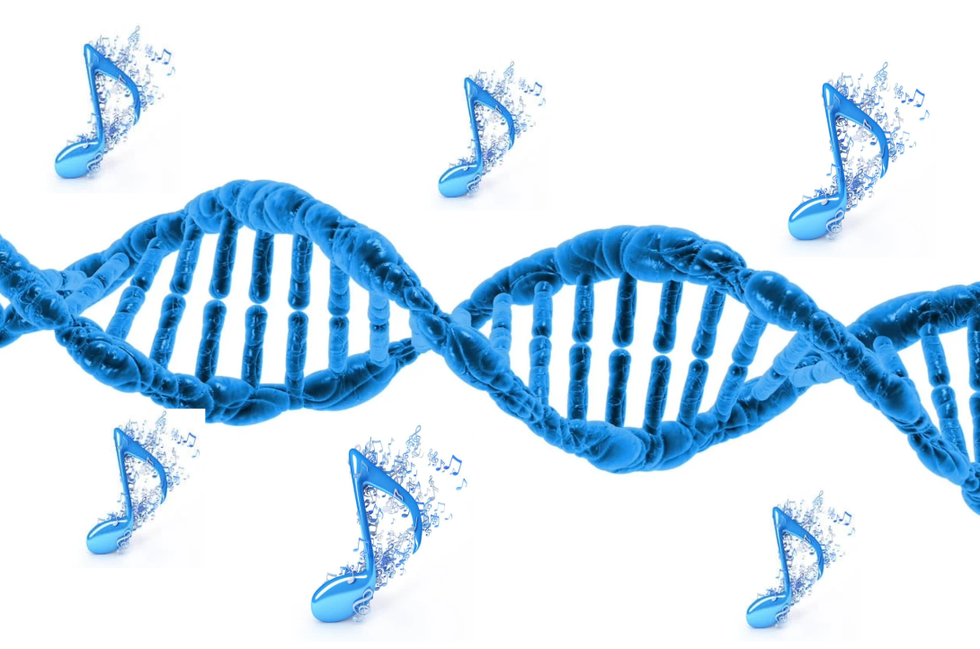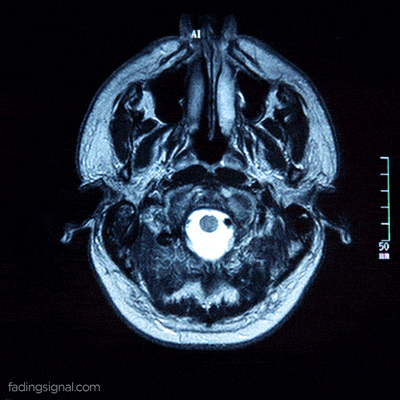Even though marathon running is on the decline, half a million people signed up to participate in the 2020 London Marathon. It seems wild that someone would voluntarily sign up to run 26.2 miles, but those half a million people might actually be on to something. A new study published in the Journal of the American College of Cardiology found that running a marathon can help reverse signs of aging.
Researchers at Barts and University College London looked at 138 first-time marathon runners between the ages of 21 and 69. "We wanted to look at novice athletes. We didn't include people who said they ran for more than two hours a week," Dr. Charlotte Manisty, the study's senior author and cardiologist at University College London, said per CNN.
RELATED: Only 2.7 percent of the U.S. adult population live a "healthy lifestyle"
Participants had no significant medical history, and had all registered to participate in the 2016 and 2017 London marathons. Participants weren't given a specific training program, but were encouraged to use the marathon's "Beginner's Training Program" which involves three runs per week increasing in difficulty for a 17-week period.
Researchers looked at participants six months before the race and within three weeks of completing the race. They found a four-year reduction in the "vascular age" of participants. When people age, the walls of the arteries become stiffer and thicker, which causes the heart to work harder in order to circulate blood throughout the body. Researchers notes a reversal in the stiffening of arteries, which can reduce the risk of heart attacks and strokes. They also found their blood pressure fell as if they had been taking medication.
The results were achieved regardless of the participants experience and speed. Interestingly, the people who were the least in shape before starting the study got the most out of the marathon training. Older, slower males with higher baseline blood pressure reaped the most benefits from their training.
RELATED: The Boston Marathon's Brutal Conditions Resulted In Slow Times But Historic Wins
"Our study shows it is possible to reverse the consequences of aging on our blood vessels with real-world exercise in just six months," Dr. Manisty said in a statement. "These benefits were observed in overall healthy individuals across a broad age range and their marathon times are suggestive of achievable exercise training in novice participants."
The study didn't examine whether or not the health benefits continued beyond the training period, or if the results were due to the intensity of marathon training. However, Dr. Mainsty believes the results aren't specific to marathon running. "As clinicians are meeting with patients in the new year, making a goal-oriented exercise training recommendation — such as signing up for a marathon or fun-run — may be a good motivator for our patients to keep active," Dr. Manisty said.
Most of all, the study shows that it's never "too late" to gain benefits from exercise. So, if you've been thinking of signing up for your first race, you might just have a good reason to go for it!


















 Music isn't just good for social bonding.Photo credit: Canva
Music isn't just good for social bonding.Photo credit: Canva Our genes may influence our love of music more than we realize.Photo credit: Canva
Our genes may influence our love of music more than we realize.Photo credit: Canva
 Great White Sharks GIF by Shark Week
Great White Sharks GIF by Shark Week

 Blue Ghost Mission 1 - Sunset Panorama GlowPhoto credit:
Blue Ghost Mission 1 - Sunset Panorama GlowPhoto credit: 
 medical school brain GIF
medical school brain GIF woman leaning on man's shoulder
Photo by
woman leaning on man's shoulder
Photo by 
 Ripe bananas
Ripe bananas How we treat produce could be changing for the better.
How we treat produce could be changing for the better.